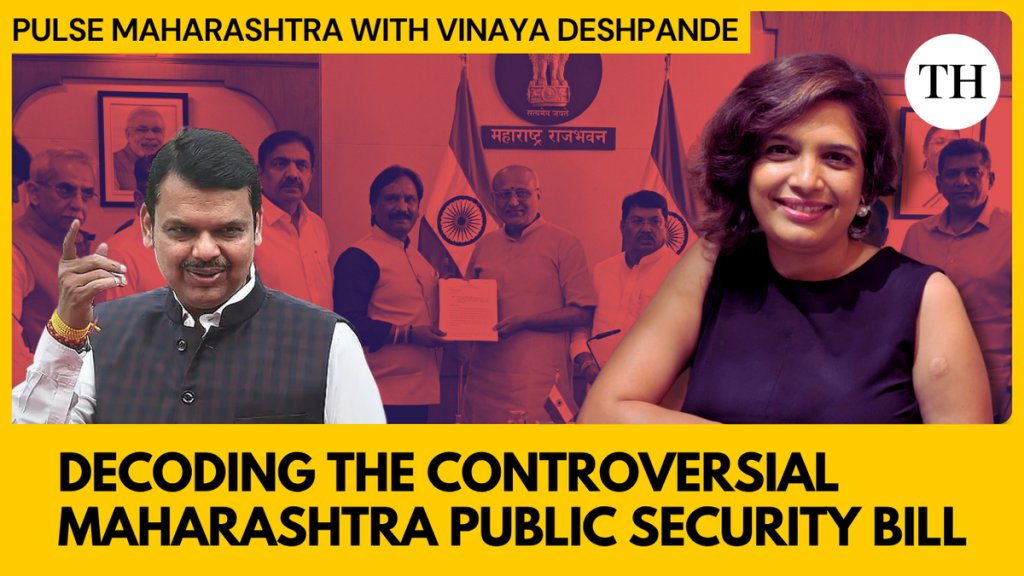Now Reading: KSEB Unions Appreciate Draft Regulations
-
01
KSEB Unions Appreciate Draft Regulations
KSEB Unions Appreciate Draft Regulations

Quick Summary
- Kerala State Electricity Regulatory Commission’s draft regulations on renewable energy have received mixed reactions.
- Prosumers criticized the draft, while employees’ unions in the Kerala State Electricity Board (KSEB) largely supported it during public hearings organized by the commission.
- Key points raised by unions:
– over 70% of solar power generated during daytime is exported to the grid by prosumers,causing financial and operational challenges for KSEB and adversely affecting all KSEB consumers.
– Supported limiting net metering to 3 kW while advocating for further studies into technologies like peer-to-peer (P2P) trading.
– Highlighted a massive growth of solar capacity in Kerala – 275% over two years – emphasizing the importance of energy storage solutions.
- Left-backed KSEBOA and other unions welcomed balanced proposals that cater to both prosumers and ordinary consumers but urged correction of claims that the draft is anti-prosumer.
- INTUC-backed employee confederations stressed urgent measures to manage excess solar power injections while encouraging new investment in renewable energy.
- A call was made for cost ceilings on installing solar plants.
Indian Opinion Analysis
The differing views surrounding Kerala’s new renewable energy proposals highlight complexities within India’s clean energy transition. While prosumers argue against perceived limitations on net metering, regulatory changes are deemed essential to address grid management issues stemming from surplus daytime power generation-a concern echoed by KSEB employees’ unions. The emphasis on promoting energy storage systems reflects growing recognition of their critical role in sustainable expansion.
Balancing equitable costs between prosumers and regular consumers remains crucial for long-term harmony within Kerala’s rapidly expanding solar sector. Furthermore, calls for securing fair installation costs underscore deeper concerns about affordability and accessibility systematically tied to India’s broader push toward renewable adoption. As discussions conclude, striking a practical balance without alienating stakeholders will likely shape future policy outcomes.
Read More: Link























